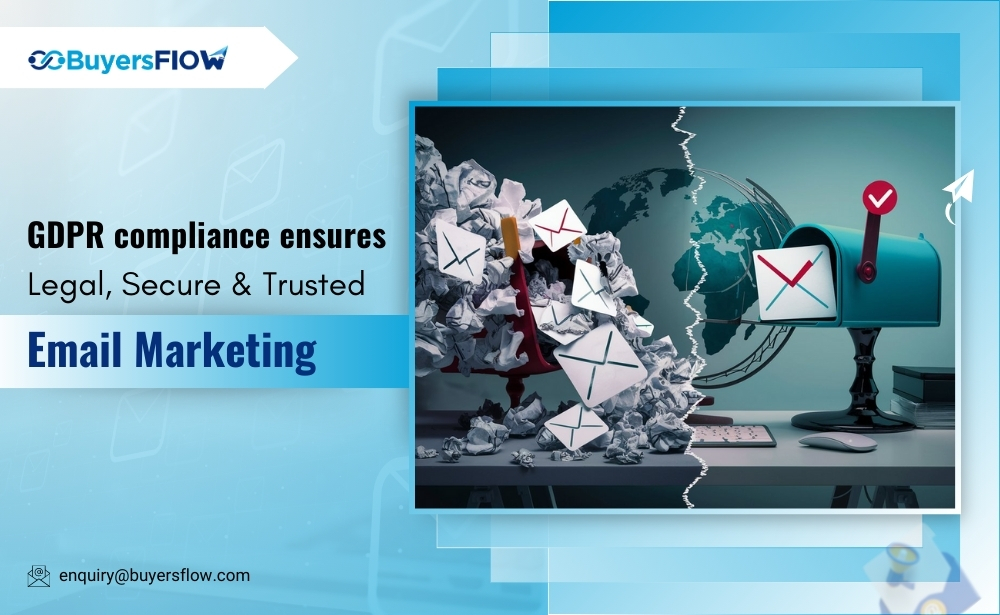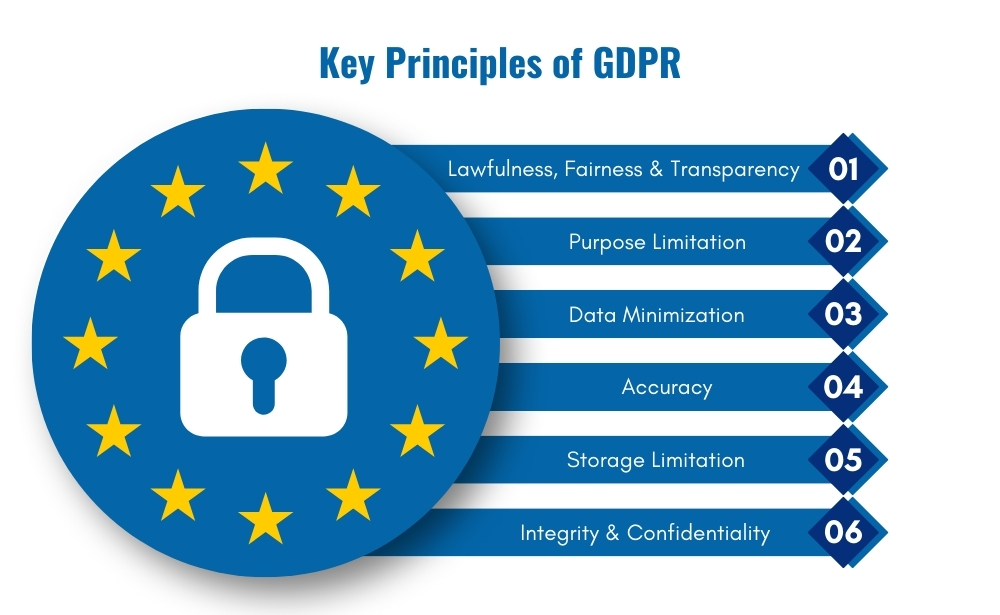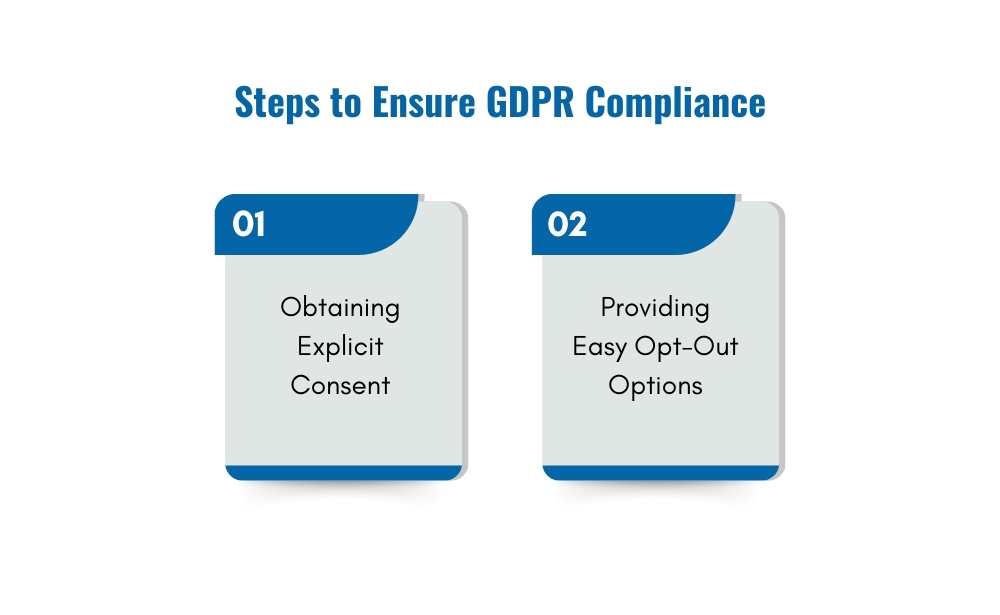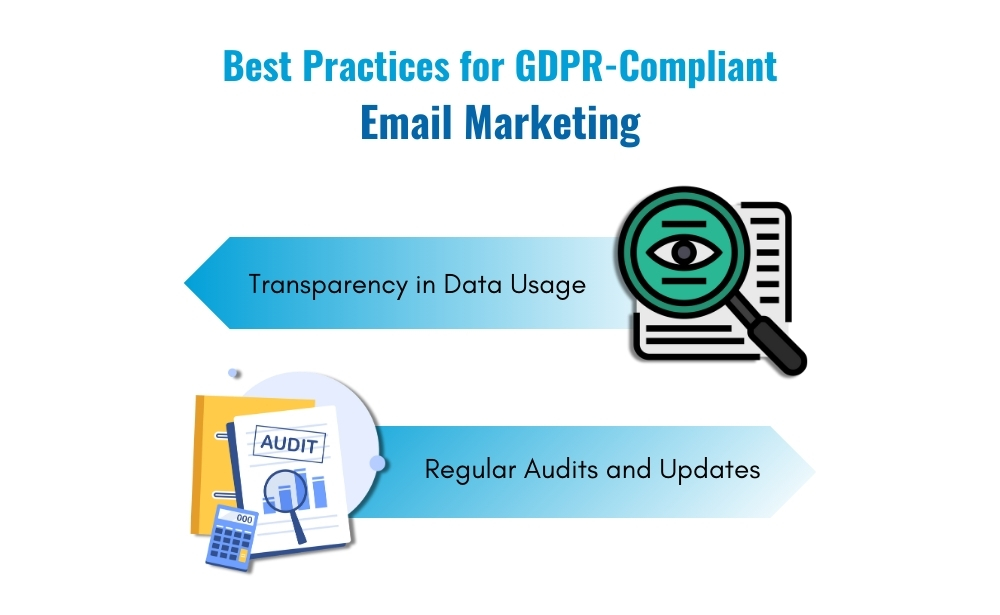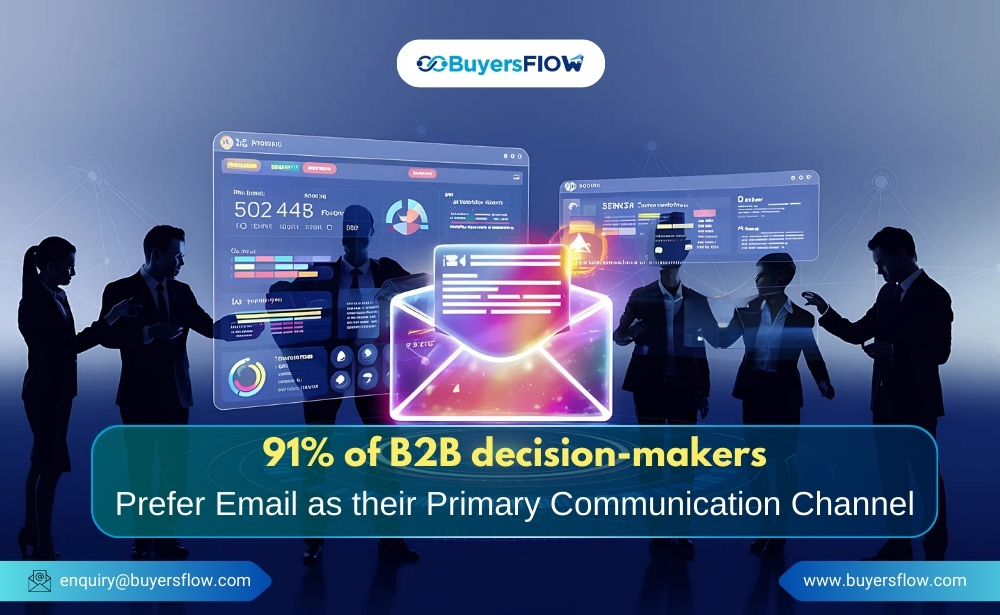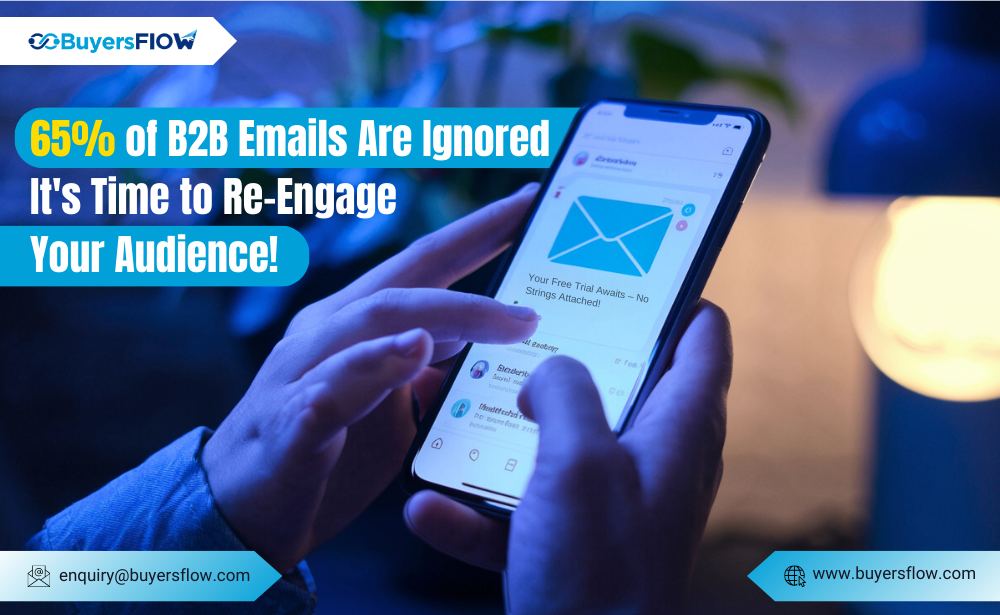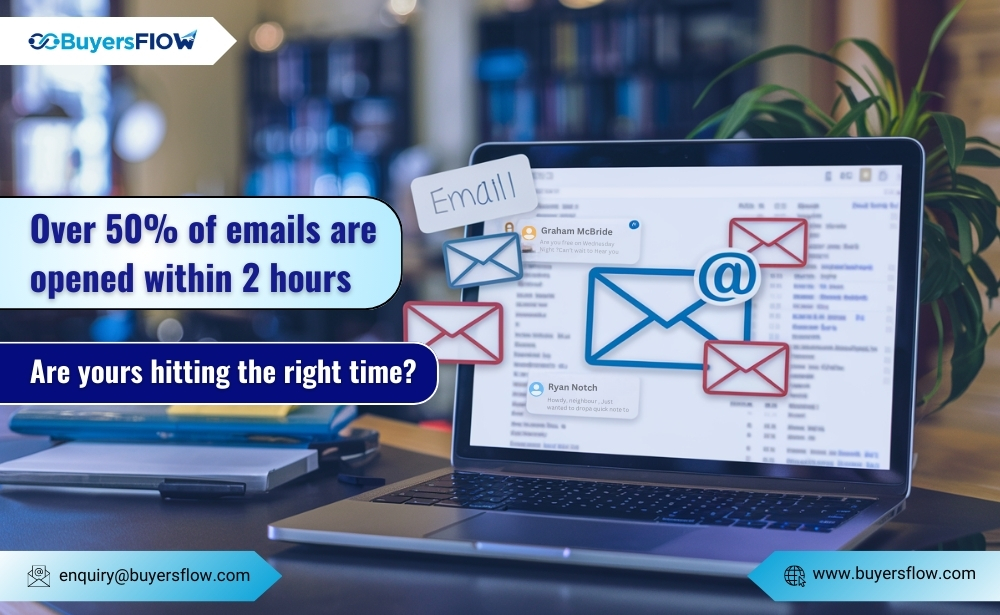Personalized content is delivered straight to consumers’ inboxes through email marketing, which continues to be a cornerstone of digital marketing strategies across the globe. But great power also comes with great responsibility, especially when it comes to privacy and data protection. High standards for data privacy have been set by the European Union’s 2018 enforcement of the General Data Protection Regulation (GDPR). GDPR compliance is both a legal requirement and a commitment to customer trust and data security for companies using email marketing.
Importance of GDPR Compliance in Email Marketing
Any company operating in the EU or aiming to attract clients there must comply with GDPR. Serious penalties for noncompliance can include fines of up to €20 million or 4% of global turnover annually, whichever is higher. In addition to the financial consequences, a company’s reputation and customer trust can be negatively impacted by noncompliance with GDPR. Since email marketing makes extensive use of personal data, ethical and sustainable marketing practices must comprehend and put GDPR principles into practice.
Understanding GDPR
The GDPR was created to safeguard EU citizens’ personal information and privacy. It applies to all businesses, regardless of location, that process the personal data of people living in the EU. The rule gives people more control over the data they own by requiring companies to maintain accountability, security, and transparency in their data processing operations.
Key Principles of GDPR
- Lawfulness, Fairness, and Transparency: Personal data must be processed lawfully, fairly, and in a transparent manner.
- Purpose Limitation: Data should be collected for specified, explicit, and legitimate purposes and not further processed in a manner incompatible with those purposes.
- Data Minimization: Only data necessary for the intended purposes should be collected and processed.
- Accuracy: Personal data must be accurate and kept up to date.
- Storage Limitation: Data should be kept in a form that permits the identification of data subjects for no longer than necessary.
- Integrity and Confidentiality: Personal data must be processed in a manner that ensures appropriate security.
Impact on Email Marketing Practices
GDPR compliance has an impact on email marketers’ methods for gathering, storing, and using personal data. Consent acquisition, data transparency, and recipients’ ease of managing subscription preferences are among the key areas affected. To prevent breaches, it also requires maintaining strong data security measures.
Steps to Ensure GDPR Compliance
- Obtaining Explicit Consent: Before adding individuals to your email list, obtain explicit consent. This means clear, affirmative action is required from the subscriber, such as ticking a box on a signup form. Pre-ticked boxes or implied consent are not acceptable under GDPR.
- Providing Easy Opt-Out Options: Ensure that every email you send includes a straightforward way for recipients to opt-out. This could be an unsubscribe link prominently displayed at the bottom of the email.
Best Practices for GDPR-Compliant Email Marketing
- Transparency in Data Usage: Clearly inform subscribers about how their data will be used. Include a privacy policy link in your signup forms and emails to provide detailed information.
- Regular Audits and Updates: Conduct regular audits of your data processing activities and update your practices as needed. This helps ensure ongoing compliance and demonstrates your commitment to data protection.
Conclusion
It is impossible to exaggerate the significance of GDPR compliance for email marketing. It not only shields your company from fines but also cultivates long-lasting relationships with your audience by earning their trust and respect for privacy and transparency. The process can be made simpler by using tools like BuyersFlow, which has features that will enable you to manage your email campaigns by GDPR. Making GDPR a top priority in your email marketing strategy helps to ensure that you continue to be a reliable and moral business, which in turn helps to ensure the success and longevity of your marketing initiatives.
If you apply GDPR compliance to your email marketing strategies, your customers will be impressed by your commitment to data privacy. With its extensive compliance features, BuyersFlow can be a tremendous ally in successfully navigating these regulations. Make GDPR compliance a cornerstone of your email marketing strategy and build a foundation of trust and integrity with your audience.
